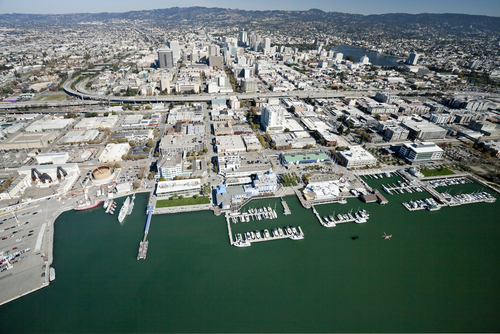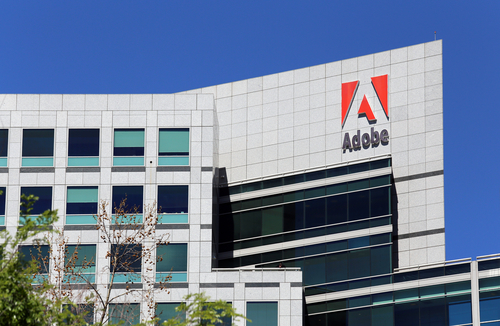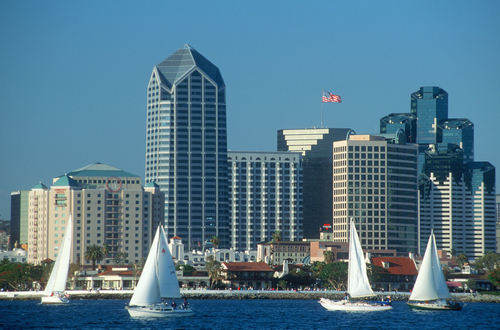It's no secret the U.S. housing market has not performed as well this year as many hoped it would. Sharp drops in refinances of existing loans was expected, but the market for purchase money loans have not improved as strongly as forecasted.
But as the real estate industry likes to point out, all real estate markets are local, and there are some metropolitan areas where the average new home on the market will find a buyer in less than 60 days.
Here, then, are the fastest real estate markets in the country, as determined by research conducted by the online realty firm Trulia.
Read more: The other city by the bay …
 1. Oakland, Calif.
1. Oakland, Calif.
Many Oakland residents interviewed by a local media outlet in May expressed surprise at how their city, located across the bay from San Francisco, has seen its reputation move from crime-ridden and dangerous to a trendy and exciting place to live. According to Trulia's research, more than 70% of homes put on the market in Oakland found buyers in less than 60 days. In addition, the firm found asking prices for property in Oakland rose almost 23% year over year from March 2013 to March 2014.
Real estate analysts familiar with the market cited the deep-seated stability of the region's job market, driven primarily by the ongoing technology boom in San Francisco and San Jose, for driving housing demand, combined with a lower number of houses available for sale overall.
Read more: Tech capital still going strong …
 2. San Jose
2. San Jose
As the long standing capital of the U.S. technology sector, San Jose has a hot job market that can sustain long-term housing demand. According to Trulia's research, 69% of homes put on the market in San Jose sold in less than 60 days and prices rose 13.4%, year over year, from March 2013 to March 2014.
Media outlets, including Forbes Magazine, laid part of the responsibility for San Jose's strong housing market on overseas buyers, especially China, who have tended to purchase houses with cash and with no contingencies. Forbes reported as of June, overseas investors have bought more than 33% of San Jose-area homes in 2014.
Read more: Less space means more demand …
 3. San Francisco
3. San Francisco
San Francisco regularly leads hot real estate market lists, so its inclusion on this one came as no surprise. According to Trulia, 68% of homes put on the market in San Francisco sold in less than 60 days, and prices rose 15% year over year.
The biggest factor driving the housing market in San Francisco is a lack of supply, due to a lack of available space, Trulia noted. San Francisco is located on a peninsula and has a strong tradition of historic preservation in some areas, which has limited the availability of new construction.
Read more: Only list city not in California …
 4. Denver
4. Denver
According to Trulia, 62% of Denver homes put on the market sold in less than 60 days, and average prices moved up 9% year over year.
Realtors and real estate analysts agreed the chief reason for the hotter market was been reduced inventory. One Realtor commented to Inside Real Estate News, a publication dedicated to reporting Denver real estate, his neighbor put a house on the market recently and potential buyers lined up on the street outside to tour it. Many put in a bid.
Read more: Beaches, military and universities …
 5. San Diego
5. San Diego
Situated on the Southern California coast with a strong military and university presence, it's no wonder San Diego has had a rapidly moving real estate market. According to Trulia, 59% of homes put on the market in San Deigo found a buyer in less than 60 days, and prices rose 14% from March 2013 to March 2014.
As with other California locales, analysts and Realtors cite a lack of available land and building restrictions for some of San Diego's inventory shortage. Others also mentioned tax law that creates a disincentive for existing home owners to sell by freezing tax assessments on existing property.
© 2025 ALM Global, LLC, All Rights Reserved. Request academic re-use from www.copyright.com. All other uses, submit a request to [email protected]. For more information visit Asset & Logo Licensing.







